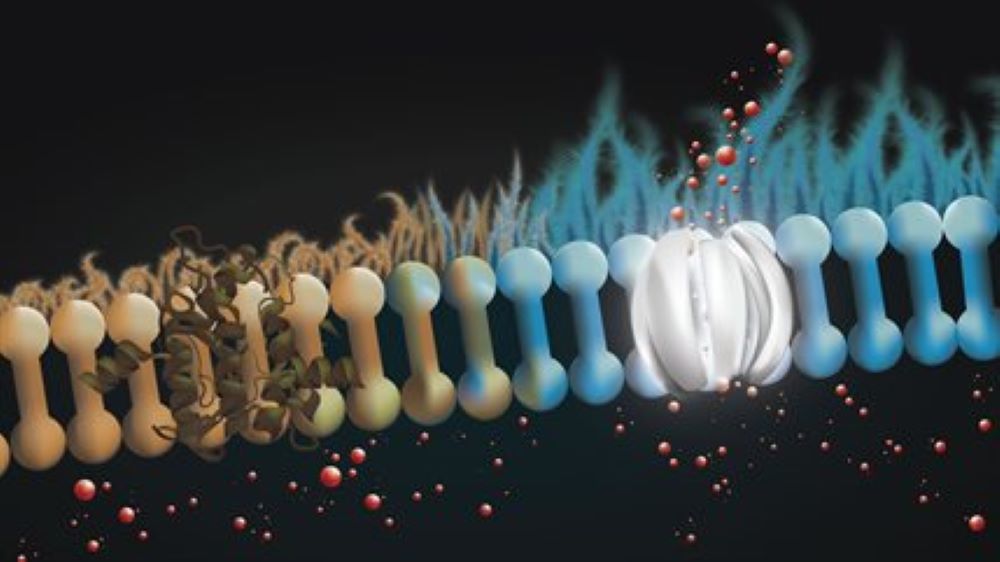Martin D. Burke, professor at Carle Illinois College of Medicine, is leading a research team, along with a team from University of Iowa, to develop an inhaled drug that would deliver “a molecular prosthetic that ‘stands in’ for missing or dysfunctional protein channels and is intended to restore more normal lung function” directly to a patient’s lungs.
Volunteers in New Zealand have begun participating in the first clinical trial for the drug. The goal is to impact a small percentage of cystic fibrosis patients that are not helped by the common drug used to help improve their breathing.
Burke see this as a first step in a promising future for the use of molecular prosthetics, especially with the scientists at Carle Illinois, an engineering-based college of medicine:
Cystic fibrosis is one of hundreds of diseases that currently remain incurable because they’re caused by loss of protein function. The hope is that if we can succeed in CF, this molecular prosthetics approach could become a general way to treat diseases caused by loss of protein function.
If Burke’s name sounds familiar, it’s probably because he led the SHIELD program during the pandemic.
You can read more about the cystic fibrosis treatment at the Carle College of Medicine website.








